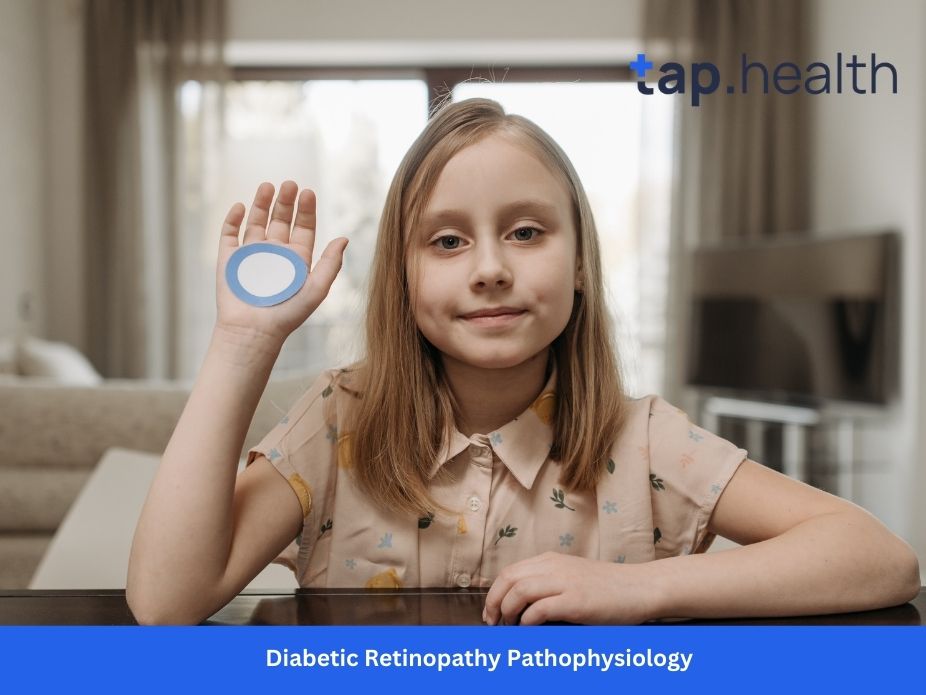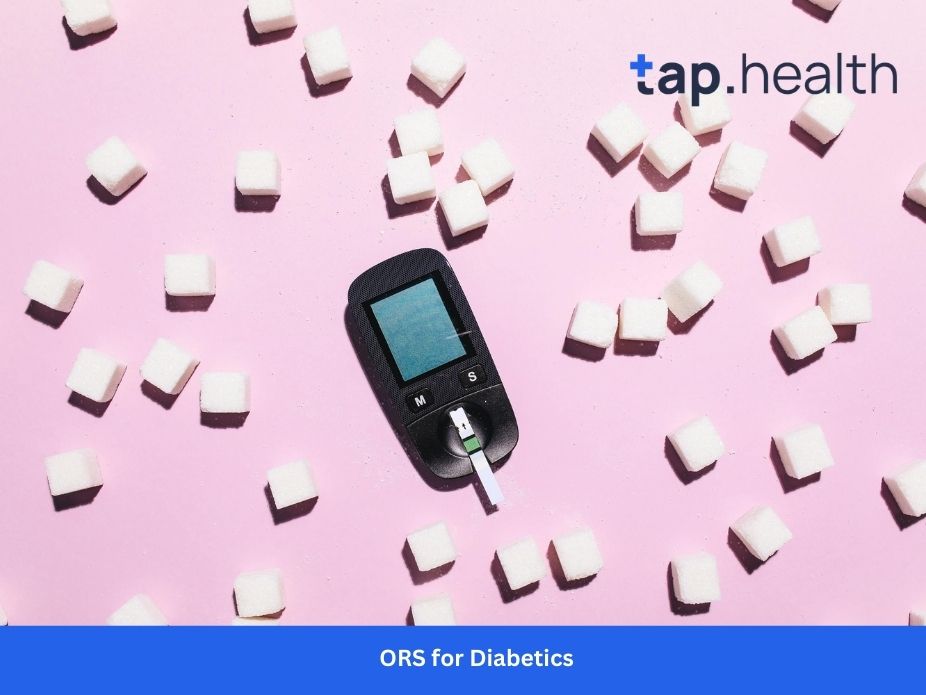Squinting, or strabismus, is a condition where the eyes do not align properly, causing one eye to turn in, out, up, or down while the other remains straight. While it’s common in children, it can also affect adults. If you’ve been struggling with squinting, you may be wondering if there are any easy and effective natural methods for squint eye reduction. The good news is that there are several natural techniques you can try to reduce squinting, strengthen your eye muscles, and improve your eye health overall.
In this guide, we will explore various natural methods, exercises, and lifestyle changes that can help reduce squinting and enhance your vision. Read on to learn more!
What Causes Squinting (Strabismus)?
Before diving into the natural remedies, it’s important to understand the root causes of squinting. Strabismus can occur due to various factors:
-
Weak eye muscles: The muscles responsible for controlling the movement of the eyes may not work together properly.
-
Nerve damage: Nerve damage affecting the eye muscles can lead to squinting.
-
Refractive errors: Conditions like farsightedness or astigmatism can cause one eye to squint in an attempt to focus properly.
-
Genetics: A family history of squinting can increase the likelihood of developing the condition.
-
Health conditions: Conditions like cerebral palsy, Down syndrome, or neurological disorders can also cause strabismus.
Can Squinting Be Reduced Naturally?
Yes, in many cases, squinting can be reduced naturally, especially if it is due to muscle weakness or minor alignment issues. Although severe squinting may require medical treatments such as surgery or corrective lenses, there are still several natural methods you can try to improve the condition and prevent it from worsening.
1. Eye Exercises for Squint Eye Reduction
One of the most effective natural methods for squint eye reduction is performing regular eye exercises. These exercises can help strengthen the eye muscles, improve coordination, and increase the range of motion in the eyes. Here are some simple exercises you can try at home:
Eye Focusing Exercise
-
Focus on a pen or object: Hold a pen or any small object in front of you at arm’s length.
-
Slowly move the object towards your nose: Keep your focus on the object as you move it closer.
-
Move the object back: Gradually move the object back to arm’s length.
-
Repeat: Do this exercise 10 times, at least twice a day.
This exercise helps improve the focusing ability of your eyes and promotes muscle strength.
Pencil Push-Ups
-
Hold a pencil in front of you: Keep the pencil at eye level and at arm’s length.
-
Bring the pencil towards your nose: Slowly move the pencil closer to your nose, keeping your eyes focused on the text or markings.
-
Keep both eyes open: Try to avoid closing or turning one eye while focusing.
-
Repeat: Perform this exercise 10 times daily.
This exercise helps your eyes work together and improves convergence, which is essential for proper eye alignment.
Eye Rolling Exercise
-
Sit comfortably: Sit with your back straight and eyes relaxed.
-
Roll your eyes: Slowly roll your eyes in a clockwise direction, then counterclockwise.
-
Repeat: Do this for 5 minutes, two times a day.
Eye rolling helps improve flexibility and coordination of the eye muscles, which can be beneficial for reducing squinting.
2. Palming Technique
The palming technique is a relaxing eye exercise that can help reduce strain and tension in the eyes. It promotes relaxation and helps to relieve stress that might contribute to squinting.
How to Do Palming:
-
Rub your hands together: Rub your palms to generate heat.
-
Cover your eyes gently: Place your palms over your closed eyes without applying pressure. The warmth from your hands will soothe the muscles.
-
Relax and breathe deeply: Take a few deep breaths and relax for a minute.
-
Repeat: Do this several times throughout the day, especially if you feel your eyes getting tired or strained.
3. Improve Your Diet for Eye Health
A healthy diet plays a crucial role in overall eye health. Certain nutrients can strengthen your eye muscles and improve vision, potentially helping to reduce squinting over time. Some essential nutrients for eye health include:
-
Vitamin A: Helps maintain proper vision and keeps your eyes healthy. You can find it in foods like carrots, sweet potatoes, and spinach.
-
Omega-3 fatty acids: These healthy fats support eye health and reduce the risk of dry eyes and other vision issues. Good sources include fatty fish like salmon, walnuts, and chia seeds.
-
Vitamin C and E: Both of these vitamins act as antioxidants that protect the eyes from oxidative stress and damage. They are found in fruits like oranges, strawberries, and kiwi, as well as nuts and seeds.
-
Lutein and Zeaxanthin: These antioxidants protect the retina and help prevent macular degeneration. Sources include leafy green vegetables, eggs, and corn.
4. Regular Sleep and Eye Rest
Tired eyes can contribute to squinting or worsening the condition. Ensuring that you get enough quality sleep is essential for your eyes to rest and recover. Aim for 7-8 hours of sleep per night, and take breaks during the day to give your eyes a rest, especially if you spend long hours in front of a computer or phone screen.
The 20-20-20 Rule is a great technique for eye rest:
-
Every 20 minutes, look at something 20 feet away for at least 20 seconds to give your eyes a break.
5. Corrective Lenses or Glasses
In some cases, squinting may be caused by refractive errors like nearsightedness, farsightedness, or astigmatism. Wearing corrective lenses can help reduce the strain on the eyes and prevent squinting. It’s important to visit an eye care professional to get the right prescription for glasses or contact lenses.
6. Practice Eye Coordination Techniques
Practicing exercises that help coordinate both eyes can improve your focus and reduce the tendency to squint. These exercises help both eyes work together more effectively, improving alignment and reducing the risk of squinting.
7. Managing Stress and Anxiety
Stress can contribute to eye strain and squinting, so managing your stress levels is important for eye health. Engage in relaxation techniques such as meditation, deep breathing, or yoga to reduce stress and calm your mind.
Real-Life Scenario
A 12-year-old child with mild squinting was recommended eye exercises by an ophthalmologist. After three months of daily practice—mainly pencil push-ups and focusing exercises—his eye coordination improved noticeably. His vision became more balanced without the need for surgery, proving that consistent natural efforts can make a difference.
Expert Contribution
According to Dr. Firuza R. Parikh, a leading ophthalmologist and fertility specialist, natural eye exercises can complement medical treatments for mild squint cases. However, she emphasizes the importance of early diagnosis and regular follow-up to prevent long-term vision problems.
Experts also note that while natural remedies help in mild conditions, moderate to severe squint eyes often need medical intervention like vision therapy or surgery.
Recommendations Grounded in Proven Research and Facts
-
Studies show that orthoptic exercises can improve eye alignment and reduce squint severity when practiced consistently.
-
Research in ophthalmology journals suggests that early intervention leads to better recovery and eye coordination in children.
-
Maintain proper posture and lighting while reading or using digital screens to reduce eye strain.
-
Always consult an eye specialist before starting any home-based exercise to ensure the technique suits your specific condition.
-
Combine natural methods with a balanced diet and adequate rest for optimal results.
How Tap Health Helps People with Diabetes
Tap Health is an AI-powered app designed to make diabetes management easier, especially for Indian users. It combines meal tracking, blood sugar monitoring, and personalized guidance to help you take control of your health.
Ways Tap Health Simplifies Diabetes Care
Managing diabetes doesn’t have to be overwhelming. Tap Health provides practical tools and insights that help you stay on top of your health every day:
Carb and Meal Tracking Made Easy – Log your meals or take a photo, and the app calculates carbohydrates, calories, and portion sizes, including common Indian foods.
Monitor Blood Sugar with Ease – Keep a record of your glucose readings and understand how different foods and habits impact your levels.
Stay on Schedule – Receive reminders for medicines, meals, and glucose checks so you can follow your routine consistently.
Personalized Health Insights – Tap Health reviews your data and offers recommendations tailored to your diet, activity, and blood sugar patterns.
Indian Diet Guidance – Access a variety of Indian meals, regional recipes, and customized meal plans that fit your lifestyle and taste preferences.
Track Your Progress – View trends in your glucose levels and HbA1c through clear and simple charts that show your improvement over time.
Expert Support When Needed – Connect with qualified doctors and dietitians directly through the app for professional advice and care.
FAQs About Squint Eye Reduction
1. Can squinting go away naturally?
Yes, in many cases, squinting can be reduced or even corrected naturally, especially if it is caused by muscle weakness or minor misalignment. Regular eye exercises, proper nutrition, and lifestyle changes can all help.
2. How long does it take for squinting to improve with exercises?
Improvement varies from person to person, but consistent eye exercises performed daily can start showing results within 2-4 weeks. However, more severe cases may require professional treatment.
3. Can eye exercises really fix squinting?
Eye exercises can help improve the coordination and strength of your eye muscles, which can reduce squinting in some cases. However, severe or permanent squinting may require medical treatment like glasses, surgery, or therapy.
4. Are there any risks associated with natural methods for squint eye reduction?
There are generally no risks associated with trying natural methods like eye exercises, diet improvements, and relaxation techniques. However, if the squinting is caused by an underlying medical condition, you should consult a healthcare professional for proper diagnosis and treatment.
5. When should I consult a doctor about squinting?
If your squinting is persistent, worsens over time, or affects your vision, it’s important to consult an eye care professional. They can help determine the underlying cause and recommend the most appropriate treatment.
Conclusion
Squinting can be frustrating, but with the right approach, you can reduce the condition naturally. Through regular eye exercises, dietary improvements, lifestyle changes, and proper rest, you can help your eyes function better and potentially reduce squinting over time. If natural methods don’t provide the desired results, it’s always a good idea to consult an eye care professional for further guidance. Stay patient and consistent, and take good care of your eye health for the best results.



